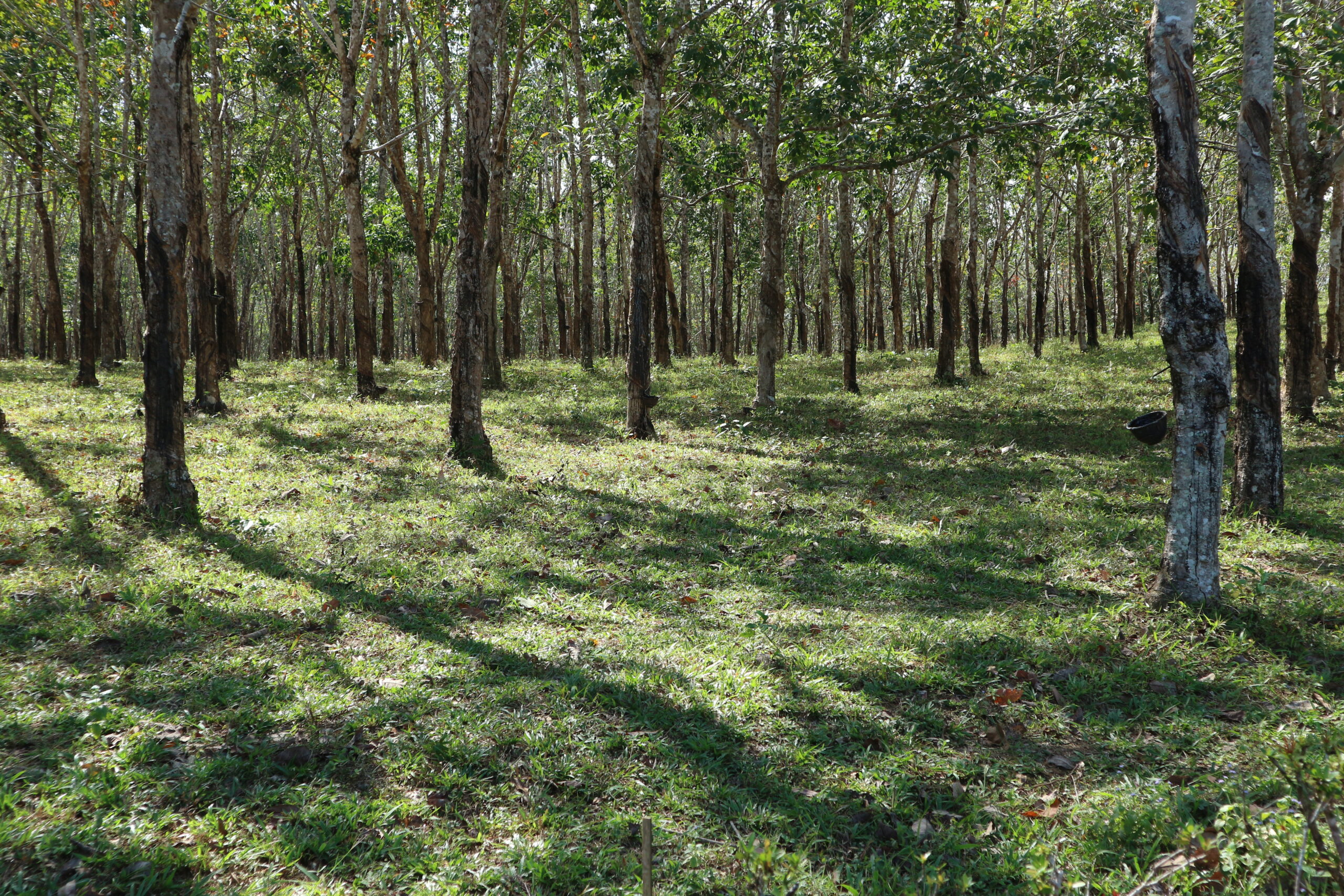Inheritance tax exemption is a topic of interest to all individuals who own such property. This is because the amount collected often catches new beneficiaries by surprise. Typically, these lands are inherited after a close person passes away and leaves their rural or forest area to a family member, either through a will or by court order.
However, if the area is not among those eligible for tax exemption, the individual who takes possession will need to make the necessary payments to prevent the government from confiscating the land. As this exemption cannot be applied in all cases, it is common for there to be questions about the subject.
Therefore, we have prepared a comprehensive guide to help you understand more about inheritance tax and whether forests are exempt from this type of charge.
What is inheritance tax?
Inheritance tax is a levy on the transfer of assets from one person to another. In other words, when an individual passes away and their land is passed on to another relative, the new beneficiary will need to pay for this transaction. Having this knowledge is essential so that if you become the recipient of such an asset, you are prepared to pay a sum to acquire your new property.
Can owning forest land incur taxes?
In some cases, an individual may own land, part or all of which is considered forest. However, this land will always have a purpose, and depending on its category, the government may decide whether or not to impose taxes on it.
When this amount is determined, the new beneficiary will need to make the payment to transfer the land into their name, even if they have been legally declared the owner through a will.
What are the cases where inheritance tax is exempt?
As mentioned earlier, there are instances where inheritance tax must be paid. However, there are also exceptions where the new owner will not need to pay any amount for the land transferred to them. Here are the situations where government taxes do not apply:
Amenity Forests
When an individual owns forest property that is not used for commercial purposes, such as timber production, it may be included in the rule that exempts tax charges. However, in this case, this is only possible if the owner complies with certain guidelines proving that their land is used solely as a pastime. To qualify for exemption, the land must have the following characteristics:
- Environmental protection belts
- Fox shelters
- Hedges
- Woods cultivated for farm fencing materials
- Clusters of trees for amenities
Regardless of the nature of the land, if a person passes away, it will be transferred to another without inheritance tax.
Short Rotation Coppice
Short rotation coppice involves high-yield varieties of willows and/or poplars that are planted and harvested in a cycle of 2 to 5 years. Thus, the roots of these plants are not harmed and can continuously produce shoots that can be cut at ground level and used as fuel in the future. Land with this type of management is also exempt from inheritance tax, even when the area is passed on to a new owner by court order.
Agroforestry
Areas used for agroforestry are also exempt from government fees and taxes. This is because these spaces can provide different types of income for farmers, either through crops or livestock. Therefore, if the forest area is occupied by pastures or agricultural land, it will also be free to be transferred to another owner upon the death of the current owner.

Ancient Semi-Natural Forests
In this case, the owner cannot avoid inheritance tax, but it is possible to obtain a reduction in the amount. This is because these lands are considered a type of forest, even if they are semi-natural. In other words, when the owner creates a wooded area within an already existing forest space.
An example of this is a woodland or park that, despite having undergone alterations, still retains a significant portion of the natural materials of an ancient forest.
When can inheritance tax not be exempted?
There are also cases where inheritance tax cannot be exempted, and the new owner will need to make the payment. This will occur in the following situations:
Commercial Forests
Locations where the land is used for commercial purposes, such as the production of timber for sale. In this case, the forests do not qualify for tax exemption, but it is possible to seek business relief, which is a benefit that can reduce the taxes applied to the land in question.
Short Rotation Forestry
Areas where trees are planted and harvested with a rotation of less than 10 years also cannot be included in the inheritance tax exemption. The main reason for this is that these locations can be considered a way of commercialising the plants and trees.
How to know if you are entitled to forest inheritance tax exemption?
To be sure that you are exempt from inheritance tax, simply check all the documents of your potential property and verify which of the categories mentioned earlier it fits into. If you still have doubts, seek assistance from a lawyer or the environmental ministry of your city.
Remember that failure to pay the debt may affect the transfer of the land into your name or result in the loss of these areas.


